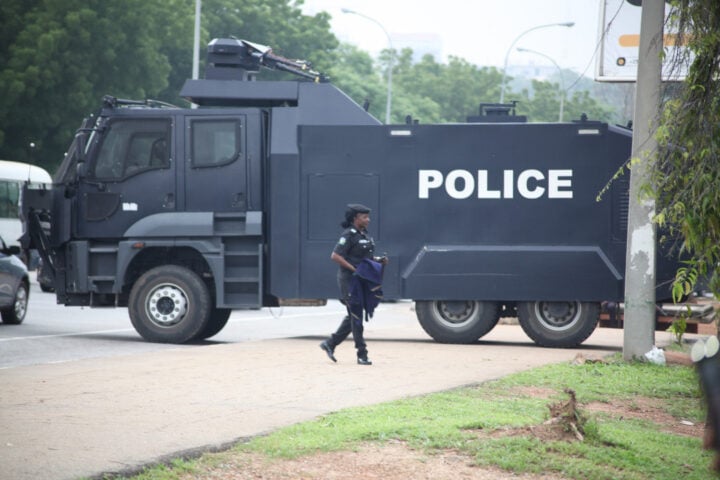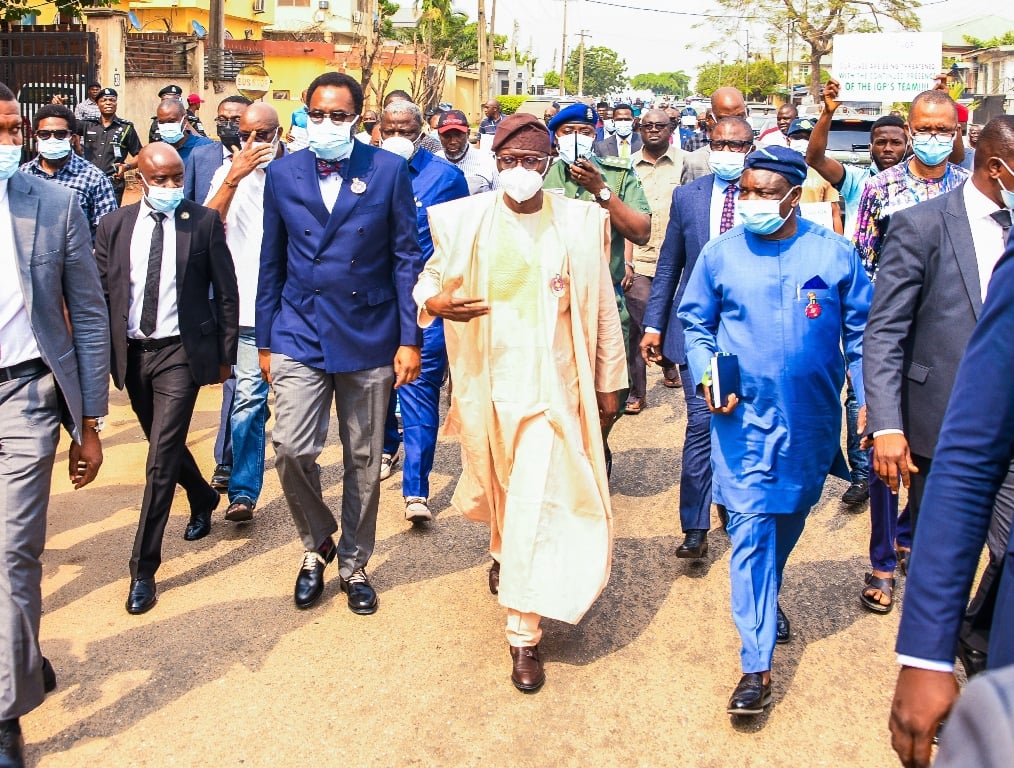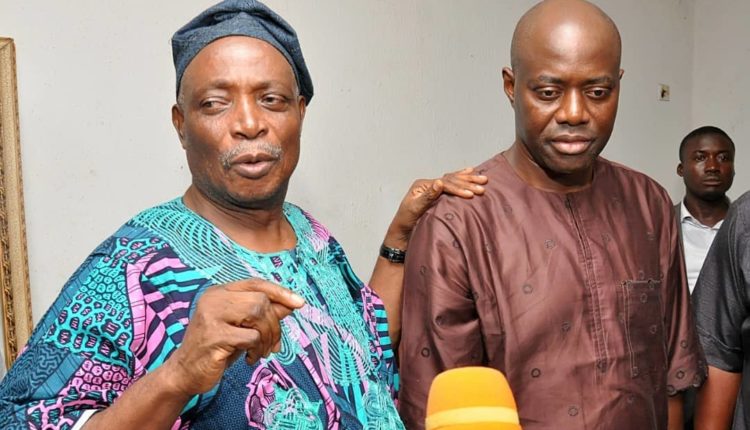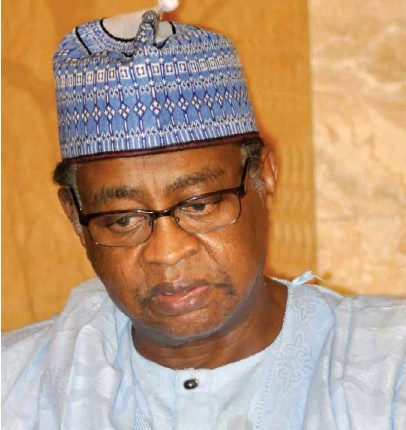BY MUKHTAR YA’U MADOBI
In Nigeria, rising insecurity is the order of the day. No day passes without reports of kidnapping, banditry, robbery, murder and wanton killings. More worrying is the fact that, in spite of huge resources being injected into the defense sector, the Nigerian government seems unable to curb this menace that has been troubling the wellbeing of the nation for a long time.
The country is currently grappling with security hitches cutting across the six geopolitical regions, particularly in the north-east, north-central, north-west and south-east regions. Residents in these regions now hardly sleep with both eyes closed while the government that is normally entrusted with the security of life and properties seems to be helpless.
In the National Security Strategy 2019, a document released by the office of the national security adviser (ONSA), Babagana Monguno, it was highlighted clearly that, “security is the cornerstone of development and progress in a free society, and that security is a guarantee of the well-being of citizens and stability of the state. It also noted that the nature of security challenges facing Nigeria today is more complex than in the past. Therefore, this calls for a robust, dynamic and proactive national security framework and infrastructure capable of dealing with these growing threats in real time”.
Advertisement
The National Security Strategy 2019 aims at ensuring that Nigeria’s sovereignty, territorial integrity, national interests, the wellbeing of the people and the country’s institutions are preserved, protected and enhanced.
Nigeria which is perceived as the giant of Africa has been witnessing unprecedented insecurity fuelled by activities of Fulani herdsmen; Boko Haram, armed robbery, kidnapping, banditry, political/religious/communal crisis, murder, destruction of oil facilities by Niger Delta militants, child abduction/trafficking, secessionists’ agitations, etc.
The quagmire in which security challenges has placed Nigeria as a nation is unquantifiable. A nation endowed with both human and natural resources but is suffering from severe pangs of hunger to the detriment of the citizenry. Nigeria continues to be a developing country struggling to find its feet among other nations. This is apparently due to numerous factors including the prevalent insecurity that has continued to present a challenge to its development and growth.
Advertisement
Myriads of factors have contributed to the magnitude of insecurity in Nigeria. Many erudite scholars have identified several causes of insecurity in Nigeria that are inimical to socio-economic growth and development. These factors have bedevilled the smooth flow of business activities in Nigeria.
It is obvious that unemployment causes extreme poverty which instigates crime and gives rise to insecurity. As a result of the high level of unemployment and poverty among Nigerians, youths are adversely attracted to committing violent crimes such as kidnapping, robbery, child abduction, and other nefarious activities in an attempt to make ends meet.
However, the country’s diverse ethnic make-up is not itself a cause of insecurity in Nigeria, but rather the political, traditional and religious leaders across the nation who sometimes use ethnic sentiments to achieve their selfish ambitions. In this way, the elites exploit people’s minds to stir up mistrust and resentment among different ethnic groups and among the country’s major religions which cause insecurity.
Meanwhile, the state of insecurity in Nigeria is unquestionably the outcome of government failure to checkmate widespread corruption. Corruption is responsible for Nigeria’s massive unemployment. It’s the reason Nigerian youths and businessmen lack electricity to run their businesses. By creating unemployment and poverty, corruption leads to instability in Nigeria.
Advertisement
Nigeria’s security system seems to be very poor in both personnel and equipment. Security officers are poorly trained and remunerated. As a result, the requisite expertise is not available to meet modern security challenges. This weak security system can be due to a number of factors including corruption, poor funding, lack of modern equipment, poor safety personnel health, and inadequate staff, among others.
Additionally, the porosity of Nigeria’s border paves way for the inflow of small arms and light weapons (SALWs) into the country which has enabled and continues to aid militancy and other sorts of crimes in Nigeria. It was reported that Nigeria hosts over 70% of about 8 million illegal weapons being circulated in West Africa. This has contributed to the uncontrollable influx of migrants, predominantly young people, from nearby countries which account for some of the insecurity promoting criminal activities in Nigeria.
Nigeria’s current government has been strongly charged with ethnic disparity, deprivation, oppression, and the marginalisation of some sections of the country in the provision of basic infrastructure and official appointments. These have significantly compounded Nigeria’s security woes.
Thus, this may explain the agitation for the Biafra Republic in south-east, Oduduwa nation in the south-west and Shi’a sect recurrent tussle, popularly known as the Islamic Movement of Nigeria (IMN). Actually, several breaches of security followed these kinds of agitations.
Advertisement
The issue of bad governance and poor leadership also remains Nigeria’s fundamental cause of insecurity from the past till now. Every government has the primary function of providing basic social amenities and infrastructure to its citizens. Ironically, these basic things are not there in Nigeria and the people, in general, are frustrated and demoralised. Demoralisation and anger logically provide a strong fertile ground for aggression and general insecurity.
Having outlined all these countless factors that trigger insecurity in Nigeria, the lingering question that is still seeking an answer is — who will save us?
Advertisement
Mukhtar wrote from Kano via [email protected]
Advertisement
Views expressed by contributors are strictly personal and not of TheCable.
Add a comment






